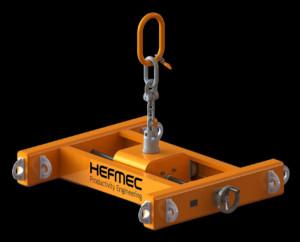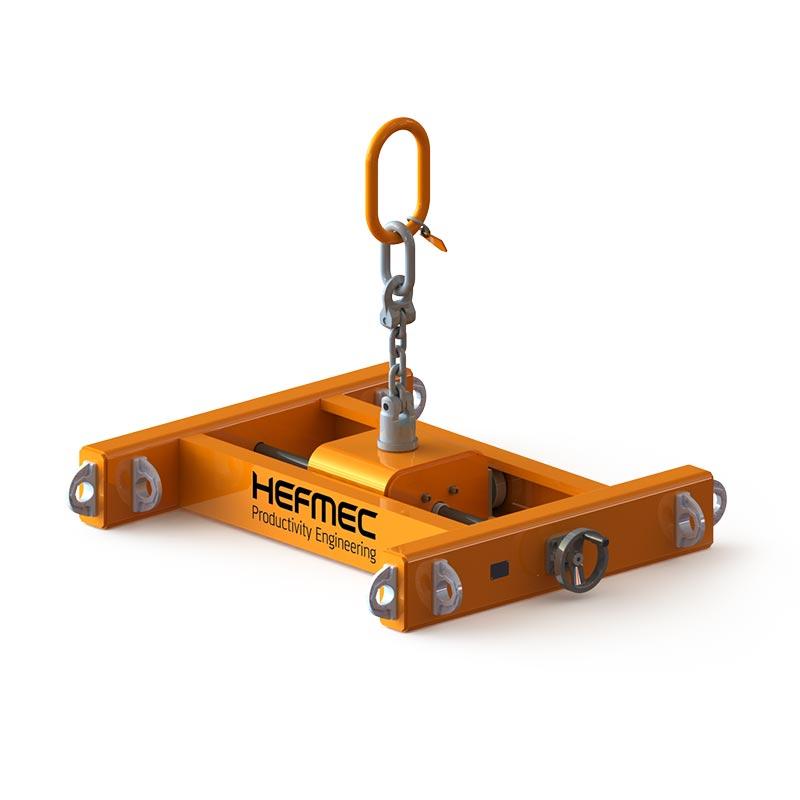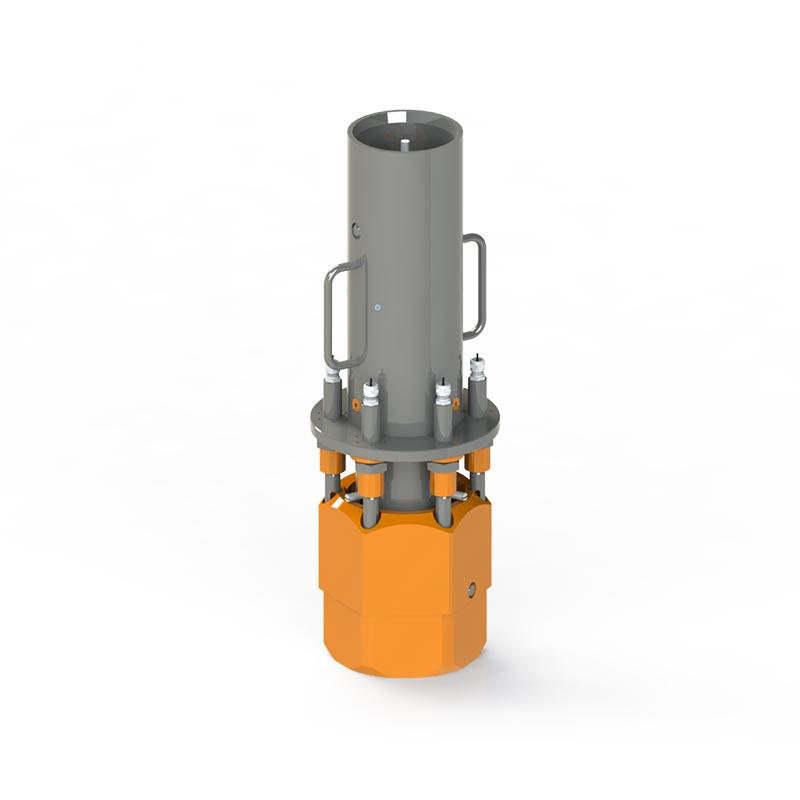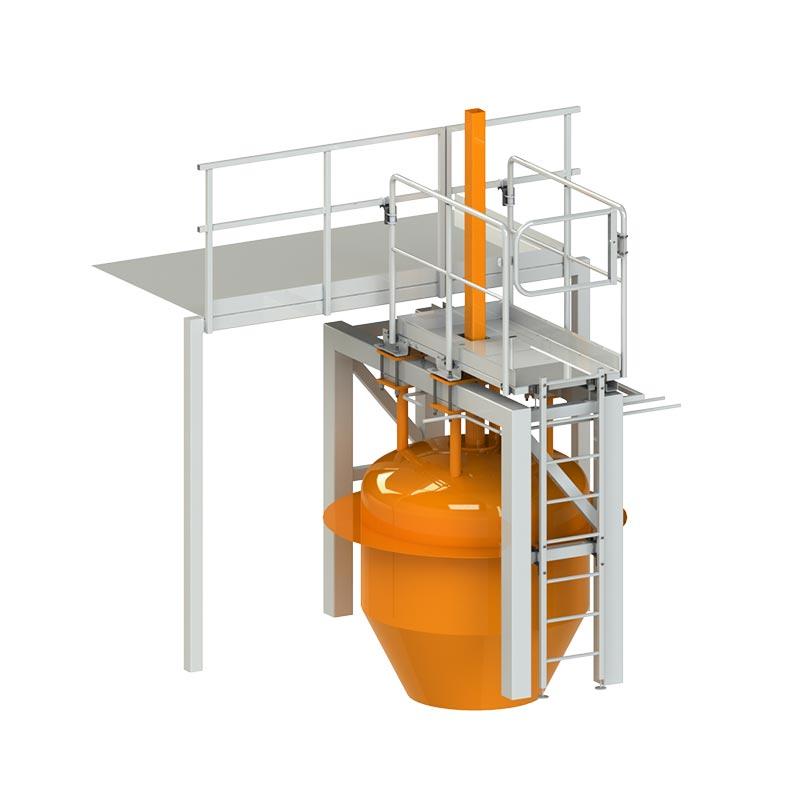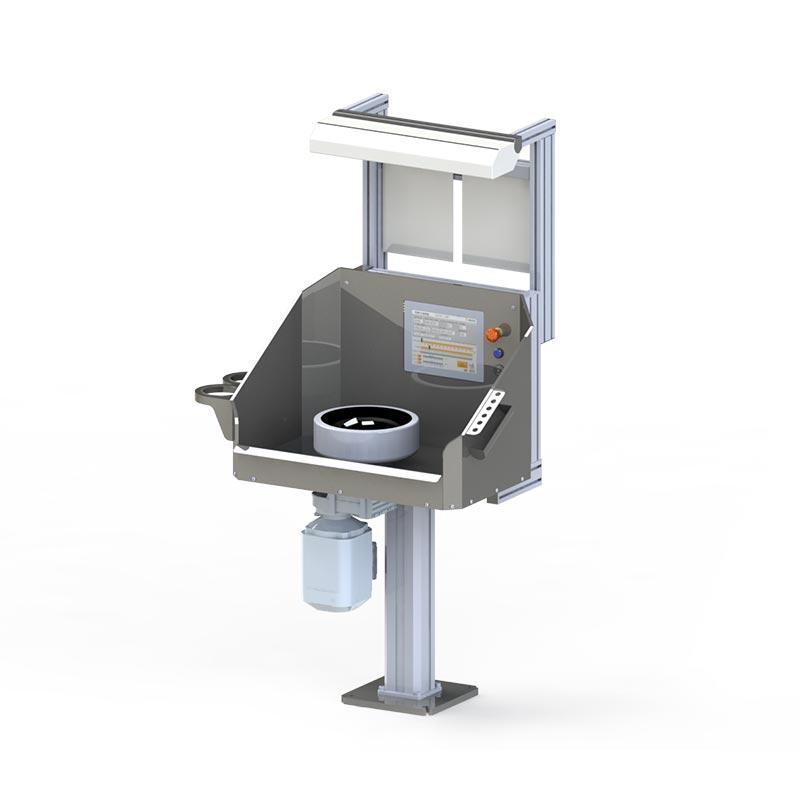The importance of cleanroom products in industry
Cleanroom products play a key role in many industries, especially those where hygiene and contamination control are critical. These include the pharmaceutical, food and electronics industries. Cleanroom products help to ensure that production processes meet stringent quality and safety requirements, which is essential for both product and worker safety.
At Hefmec, we understand that the design and implementation of cleanroom products requires specific expertise. Cleanroom products must be easy to clean, chemical resistant and ergonomically designed. Meeting these requirements requires in-depth knowledge of both technical and functional aspects, and we have the ability and experience to provide solutions that meet these challenges.
Design and supply of tools
The design of tools for cleanrooms always starts with the design of the working method. This stage is critical as it determines the usability, safety and cleanability of the tools. At Hefmec, we place particular emphasis on ensuring that the tools are user-friendly and meet all the necessary safety and hygiene requirements. In designing our tools, we also take into account chemical resistance, which is essential in many industrial environments.
We provide tools on a turnkey basis, which means that we take care of all the planning and implementation right up to the commissioning stage. This also includes operating and maintenance instructions and, if necessary, a guided commissioning. This ensures that our customers can rely on the functionality and safety of our tools right from the start.
Lifting equipment and its importance
Lifting equipment is an essential part of many industrial processes, especially in cleanrooms and hygienic environments. Lifting equipment is designed to meet the same requirements as other cleanroom products: cleanability, resistance to chemicals, usability and safety at work. At Hefmec, we design lifting equipment to meet all these requirements, while being efficient and user-friendly.
All our lifting equipment is CE marked and complies with the Machinery Directive and the national regulations of the country of destination. This ensures that the equipment is safe and reliable to use. We deliver our lifting equipment on a turnkey basis, including operating and maintenance instructions and, if necessary, a guided commissioning. In this way we ensure that our customers can commission the equipment quickly and safely.
Storage racks for clean rooms
Storage racks are an important part of the cleanroom infrastructure, allowing efficient use of space and safe storage of products. At Hefmec, we design and supply storage racks that maximise the use of space and provide versatile solutions for storing products and production equipment. Our storage racks are sturdy and also assist in the safe transport of products.
Our storage racks are available in a variety of configurations and materials, including stainless steel, aluminium, clear acrylic and polycarbonate. This allows us to offer our customers solutions that are tailored to their specific needs. Our storage racks can also be integrated into existing infrastructure, maximising space utilisation and improving the efficiency of production processes.
Consideration of ergonomics and usability
Ergonomics and usability are key factors in the design of cleanroom products. Well-designed tools and equipment improve worker safety and well-being, which in turn increases productivity and reduces work-related illnesses and injuries. At Hefmec, we take ergonomics and usability into account from the design stage, ensuring that our products are user-friendly and safe to use.
Paying attention to ergonomics is not only important for the well-being of workers, but also for the efficiency of production processes. Well-designed tools and equipment allow for smoother and faster working, which improves the efficiency of the whole production process. This is particularly important in industrial environments where even small improvements can lead to significant cost savings and productivity gains.
Comprehensive service and customer satisfaction
At Hefmec, we believe that total service is the key to customer satisfaction. This means that we not only design and supply cleanroom products, but also offer comprehensive support and guidance in their implementation and maintenance. Our customers can rely on us to support them throughout the project and beyond.
Customer satisfaction is a priority for us, which is why we place particular emphasis on understanding our customers’ needs and providing them with solutions that are tailored to their needs. This approach has paid off and we have the most satisfied customers in the industry. We are proud to offer our customers solutions that improve their production processes and increase their competitiveness.

